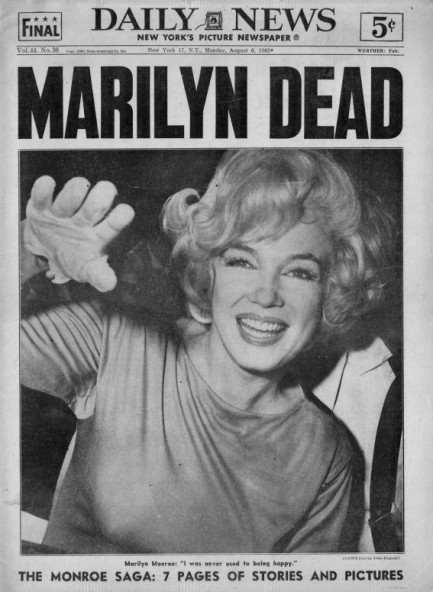A press release issued last month by the Heimlich Institute unintentionally introduced one of the darkest and best-kept secrets of my father's career and personal life -- his relationships with doctors who lost their medical licenses for extreme over-prescribing of prescription narcotics.
Two of them did prison time after being convicted on drug charges.
One of the two, Gerson Carr, was employed for a decade as the Heimlich Institute's "Research Director" after my father helped parole him from a New Mexico state pen.
The other ex-con, Ryan Krebs, is a close friend of my brother Phil Heimlich, the longtime vice president of the Heimlich Institute.
Via the January 21, 2013 Heimlich Institute press release, here's another charmer:
The late Dr. Uhley, a notorious Beverly Hills "Dr. Feelgood," managed to avoid the slammer, perhaps because he had plenty of rich and famous patients in high places.
And he kept 'em high.
For instance:
 |
| Source |
A couple months later....
 |
| Source |
Ever see the Blake Edwards film S.O.B. in which actor Robert Preston plays a famboyant Hollywood doc who always had a hypo ready to jab into anyone who needed a boost? Rumor has it the character may have been based on my father's colleague.
In the mid-1990s, Dr. Uhley finally had to put away his prescription pad.
Faced with charges of "gross negligence," "excessive prescribing," "prescribing to addicts," "prescribing without a good faith prior examination," "repeated negligent acts," "incompetence" and more, my father's colleague surrendered his license to the Medical Board of California in 1996.
Here are some home highlights from the July 21, 1995 Accusation. (See below for the entire document.)
Dr. Uhley's year 2000 obit in Variety neglected to mention any of that, but is it my imagination or is this there a nod and a wink between the lines?
Back to last month's Heimlich Institute press release:
(Drs. Heimlich and Uhley) collaborated on a pair of articles about the Heimlich maneuver, describing the historical and technical aspects of the maneuver, which appeared in a 1979 issue of Clinical Symposia.Not precisely a peer-reviewed journal, Clinical Symposia was a pamphlet published by a corporation with which my father's "collaborator" may very well have had a working relationship:






